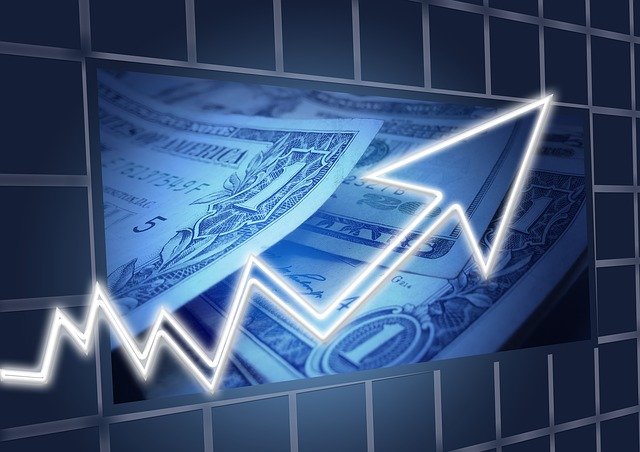How is soaring inflation impacting cyclical stocks? We look at the role of inflation on the stock market and how investors might adjust their portfolios to protect gains and limit losses.
Key Takeaways
- Cyclical stocks are impacted by high inflation because consumer spending declines, leading to lower earnings.
- When discretionary spending decreases, cyclical companies are forced to make tough decisions as they may have to lay off employees to make their expenditures match the decreased demand.
- It’s essential to understand whether or not you’ve invested too much of your portfolio in cyclical stocks and to pivot when necessary.
As inflation continues to soar, there are concerns over what could happen next to the stock market since the Fed is continuing its most aggressive rate hike campaign in decades. Impending recession and stock market sell-offs are daily points of conversation.
Stubborn inflation numbers impact many companies as investor confidence erodes. Knowing that consumers are concerned about all out recession, they will hold on to their money with both hands. Here’s how hotter inflation is impacting cyclical stocks right now.
What are Cyclical Stocks?
In the truest sense of the term, cyclical stocks are securities that follow the economic cycle, meaning the overall state of the economy (expansion, peak, contraction, and trough). Investors now commonly blend cyclical with consumer discretionary, referring to stocks impacted by changes in the overall economy, thriving in periods of expansion and suffering through marketplace volatility. In short, cyclical stocks mirror the state of the economy.
The easiest way to tell if a stock is cyclical is by asking if consumers would still purchase the company’s products or services during a recession when there’s less money in their pockets. It’s important to note that cyclical stocks belong to many different industries and include well-established companies.
Defensive stocks’ demand is generally inelastic to price increases. These companies are often referred to as recession-proof.
What industries are considered cyclical?
A list of cyclical market sectors would include companies that sell a wide range of consumer products like auto parts, furniture, and luxury goods, as well as hotels and airlines.
Established companies like Expedia, Airbnb, Sunrun, and even Disney are considered cyclical stocks since they rely on a strong economy to do well. Any industry that relies on consumers having money to spend is cyclical since it’s tied into the economic cycle. Even construction stocks fall into this category. During a recession, you can expect to hear how the travel industry is suffering or how decreased consumer spending on travel and new homes is dragging down earnings.
What Should Investors Know About Cyclical Stocks as Inflation Continues to Soar
The battle against soaring inflation could tip the economy into a recession. Inflation in the U.S. hit 8.5% this year, the highest it’s been since 1982. As the Fed continues to raise rates in an attempt to cool down inflation, there’s no telling what the consequences could be. The initial attempts of a soft landing have been abandoned, but there’s still hope for a growth recession – a period of slow economic growth along with rising unemployment rates, without a full contraction in the economy. Regardless, economic decline could go on for months when the economy enters a recession.
How Should Investors Pivot as a Worsening Recession Looms?
Many investors adjust their investing strategies when the economy goes through a a downturn. High inflation often leads to stock market sell-offs as investor confidence decreases. Time in the market is a much safer strategy than timing the market.
Many investors will switch out of growth and cyclical stocks, replacing them with more stable companies.
Many investors will find defensive companies, invest in stable index funds, or look for more liquid options when they’re unsure how the stock market will perform. Ultimately, adjustments depend on your time horizon and risk tolerance.
What’s Next for Cyclical Stocks?
Making predictions for how cyclical stocks and the broader market might perform in Q4 and the beginning of 2023 is challenging since there are still some mixed economic factors at play. The resilient job market has propped up the economy and prevented us from entering an official recession. The economists from the National Bureau of Economic Research (NBER) are the official scorekeepers of the recession. They haven’t declared a recession despite the economy going through two consecutive quarters of declining GDP.
The other most significant variable at play right now is the rate hikes from the central banks. These will have the biggest impact on the overall economy. If a recession is declared, cyclical stocks will suffer into 2023 because consumer spending will decline, driving down earnings and sentiment. The lower earnings would hurt investor confidence and cause further sell-offs.
How Should You Invest?
Just because the economy isn’t booming doesn’t mean that you should give up on investing altogether. The good news is that there are many defensive stocks out there to invest in during periods of economic slowdown. You can make your portfolio more defensive, more resilient in this volatile time.


